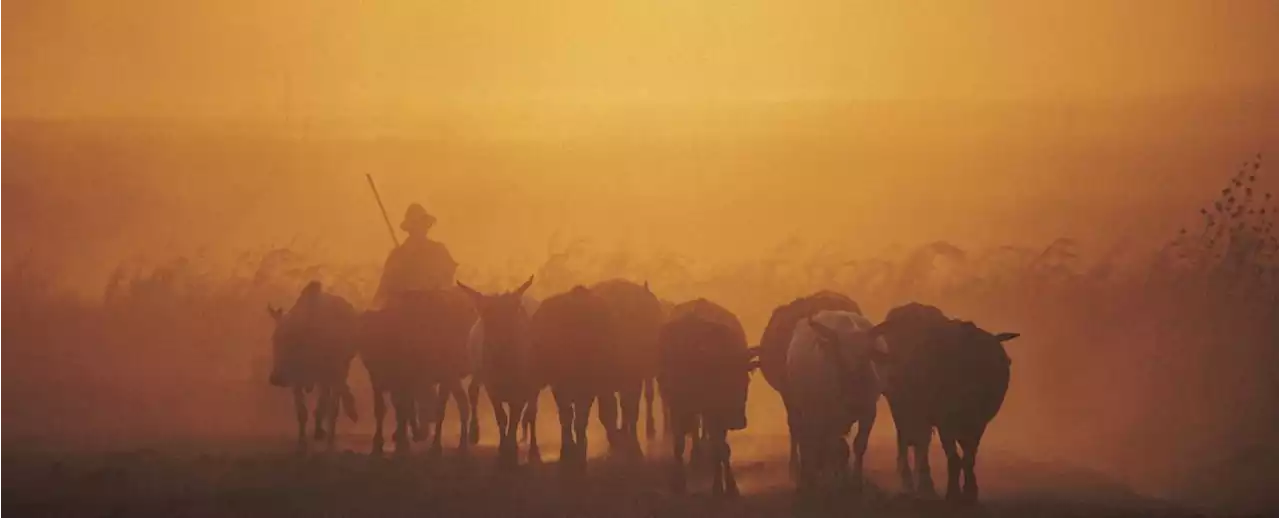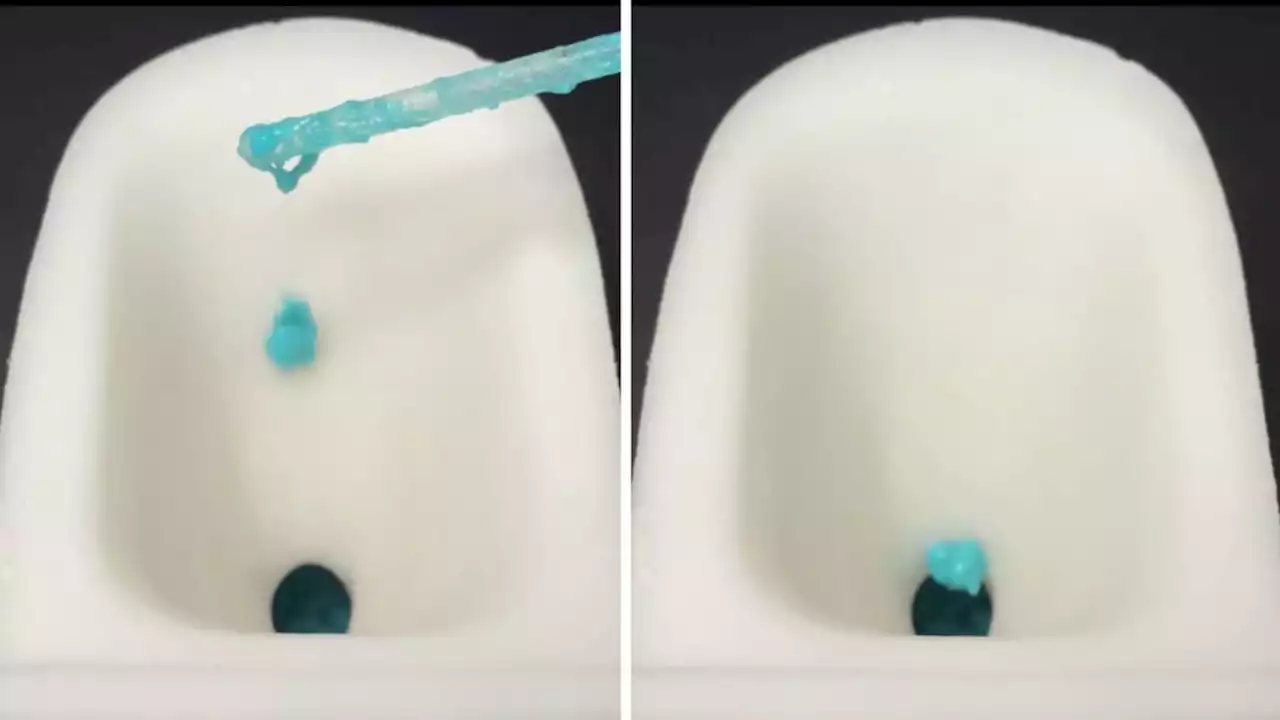People who did this simple trick ate 33 percent less sugar.
The effects were even more significant when the participants were given an additional immersive sensation: smell.
Repeating the experiment with the scent of chocolate bars wafting in the background caused participants to reduce their candy consumption by an additional 11 percent. "Smelling chocolate had a similar, habituating, effect as watching people consuming chocolate and decreased the participants' desire for the candy," Li said."Our study found that exposure to food scent cues alongside visual food cues can lead to a sensory stimulation of tasting the food."findings could help people who are struggling with binge eating disorders and other excessive food consumption.
"As we only tested a chocolate scent in our study, we are keen to explore if the results might be different for other types of smells, for example, savory scents like garlic, or scents of greasy foods like French fries," co-author Lee Hui Min said in a statement."There is also the question of whether the length of scent exposure will have a stronger influence, and whether the results of habituation through watching 360-degree videos persist over time.
United States Latest News, United States Headlines
Similar News:You can also read news stories similar to this one that we have collected from other news sources.
 Scientists Warn 1 Billion People on Track to Die From Climate ChangeThe fossil fuels that humanity burns today will be a death sentence for many lives tomorrow.
Scientists Warn 1 Billion People on Track to Die From Climate ChangeThe fossil fuels that humanity burns today will be a death sentence for many lives tomorrow.
Read more »
 Scientists, educators look to improve air quality in schoolsThe coronavirus pandemic highlighted the importance of good air quality for preventing illness, but thousands of aging school buildings across the U.S. are still struggling with bad air. Apoorva Mandavilli, a science and global health reporter for the New York Times, joined CBS News to discuss how air quality can have serious effects on students and faculty.
Scientists, educators look to improve air quality in schoolsThe coronavirus pandemic highlighted the importance of good air quality for preventing illness, but thousands of aging school buildings across the U.S. are still struggling with bad air. Apoorva Mandavilli, a science and global health reporter for the New York Times, joined CBS News to discuss how air quality can have serious effects on students and faculty.
Read more »
 A new, ridiculously slippery toilet bowl could keep poop from sticking, scientists reportScientists have made a tiny model of a new, incredibly slippery toilet that poop shouldn't stick to.
A new, ridiculously slippery toilet bowl could keep poop from sticking, scientists reportScientists have made a tiny model of a new, incredibly slippery toilet that poop shouldn't stick to.
Read more »
 Family that walks on all fours baffles scientists: They ‘shouldn’t exist’A family in Turkey walks in a way that has baffled scientists and challenges the world’s understanding of human evolution — on all fours, using the palms of their hands in a “bear…
Family that walks on all fours baffles scientists: They ‘shouldn’t exist’A family in Turkey walks in a way that has baffled scientists and challenges the world’s understanding of human evolution — on all fours, using the palms of their hands in a “bear…
Read more »
 Scientists prepare ISS experiment to study how droplets form in spaceDropcoal, short for drop coalescence, is a research project that studies how droplets form in space and on Earth. The results will grant insights into raindrop and cloud formation, fuel combustion and interactions between materials, all with broad implications for industry and academy. They also play a crucial role in administering medicine to astronauts during lengthy and far-reaching space missions.
Scientists prepare ISS experiment to study how droplets form in spaceDropcoal, short for drop coalescence, is a research project that studies how droplets form in space and on Earth. The results will grant insights into raindrop and cloud formation, fuel combustion and interactions between materials, all with broad implications for industry and academy. They also play a crucial role in administering medicine to astronauts during lengthy and far-reaching space missions.
Read more »
 – Scientists Discover Hundreds of Mummified Bees From the Time of PharaohsA new study reports the finding of hundreds of mummified bees encased in their cocoons from nearly three millennia ago. These preserved cocoons were unearthed at a newly discovered paleontological site along the Odemira coastline in Portugal. Around 2,975 years ago, various significant events wer
– Scientists Discover Hundreds of Mummified Bees From the Time of PharaohsA new study reports the finding of hundreds of mummified bees encased in their cocoons from nearly three millennia ago. These preserved cocoons were unearthed at a newly discovered paleontological site along the Odemira coastline in Portugal. Around 2,975 years ago, various significant events wer
Read more »
